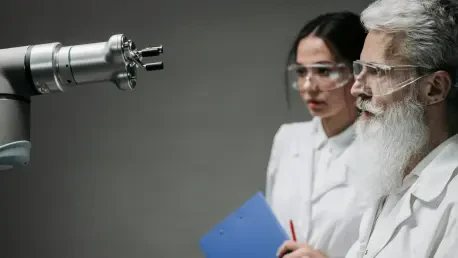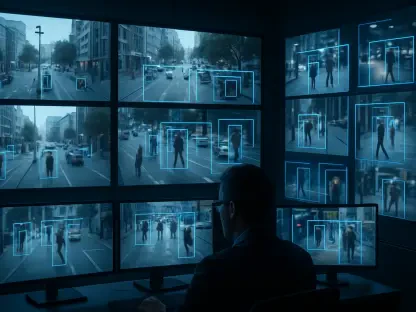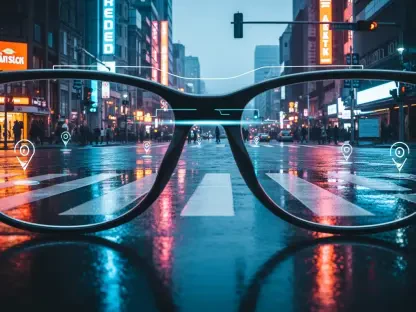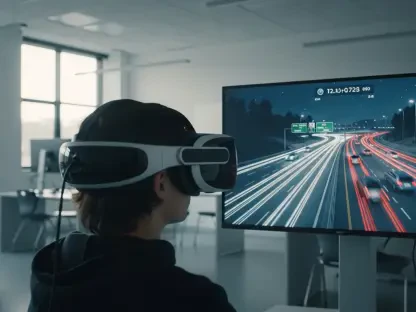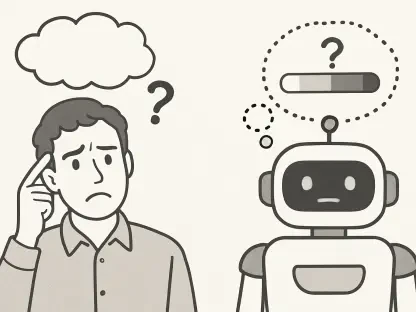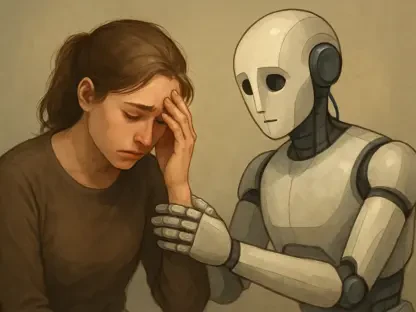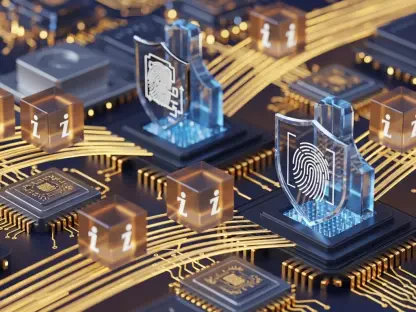In an era where artificial intelligence is reshaping every facet of human endeavor, a striking question emerges: can technology truly capture the soul of creativity, or does it merely mimic the surface of art? This debate has gained fresh momentum through the insights of Touhou Project creator ZUN, whose recent commentary during a live broadcast for a fangame anniversary has sparked significant discussion. Known for his influential work in game development and music composition, ZUN offers a sharp critique of AI’s encroachment into creative spaces. His perspective not only challenges the growing reliance on algorithms for artistic output but also questions the broader societal forces, particularly capitalism, that drive such trends. As AI tools become more sophisticated, the tension between technological convenience and the irreplaceable essence of human expression comes into sharper focus, setting the stage for a deeper exploration of what it means to create in the modern age.
Human Spirit vs. Machine Precision
One of the core arguments ZUN presents is the fundamental difference between AI-generated content and human artistry, particularly in fields like music and game design. While AI can produce compositions or visuals with impressive technical accuracy, it lacks the emotional depth and lived experiences that define true creative work. Human creators draw from personal joys, struggles, and unique perspectives—elements that no algorithm can replicate. ZUN emphasizes that this intrinsic human spirit serves as a powerful advantage, allowing artists to transcend the limitations of technology. He encourages creators to prioritize skill development and personal enjoyment over chasing trends or technological shortcuts. This viewpoint resonates with a growing concern in the creative community about preserving authenticity in an era where machine-generated content is increasingly indistinguishable from human-made art, prompting a reevaluation of what constitutes genuine creativity in today’s landscape.
Capitalism’s Impact on Artistic Integrity
Another critical dimension of ZUN’s commentary is his disapproval of capitalism’s influence on the creative process, which he believes taints the purity of art. He argues that societal pressure to monetize every aspect of creation often overshadows the inherent joy and purpose of making art for its own sake. This commercial focus can lead artists to prioritize profit over passion, a trend ZUN sees as a detrimental force that distracts from authentic expression. Instead, he advocates for a return to personal fulfillment as the primary driver of creative work, suggesting that such a mindset can serve as a counterweight to both AI’s rise and business-driven motives. Additionally, ZUN’s own approach to AI—using it as a subordinate tool rather than a replacement for human ingenuity—reflects his commitment to maintaining artistic dominance. His nuanced stance, echoed by other industry veterans, contributes to a vital dialogue about safeguarding the unique qualities of human expression amidst rapid technological and economic shifts.
